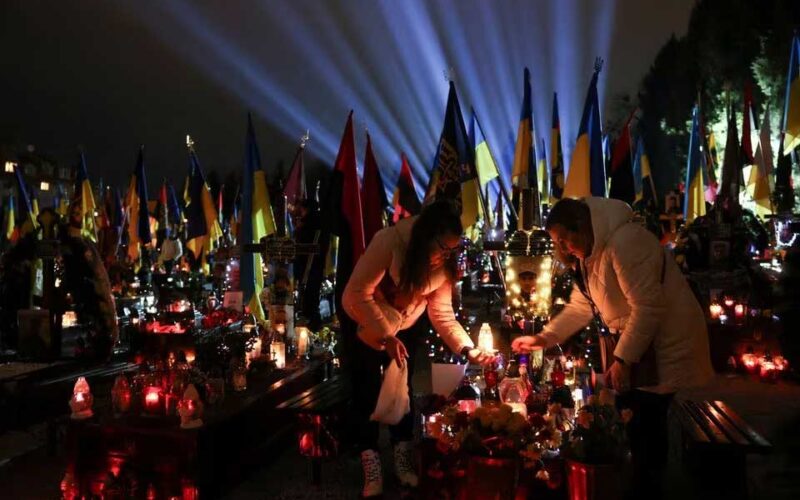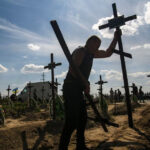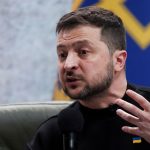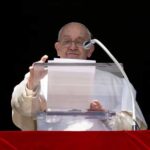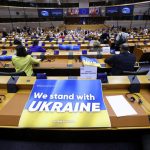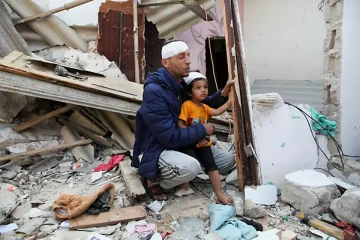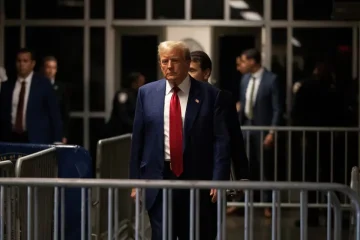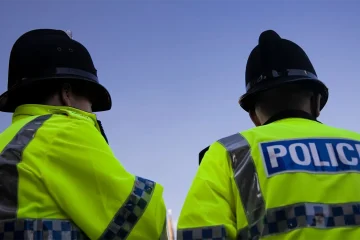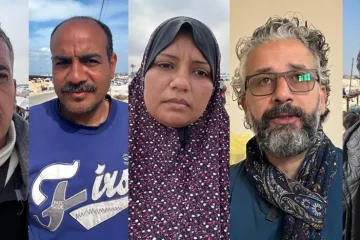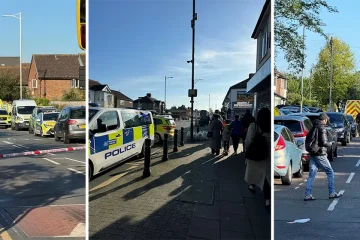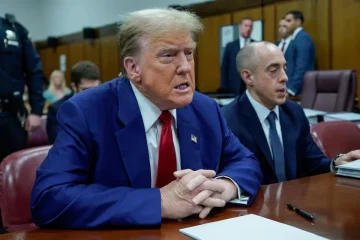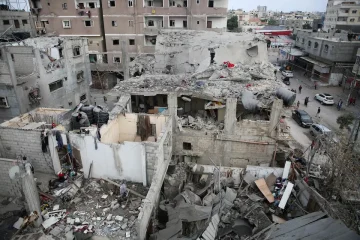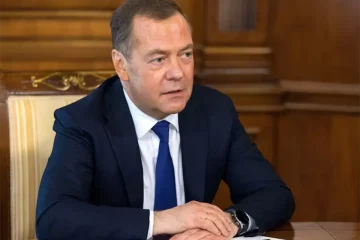THE prime ministers of Italy and Canada signed security deals with Ukraine as Western leaders rallied around a war-weary Kyiv on the second anniversary of Russia’s military invasion, with no end in sight to the fighting.
After initial successes in pushing back the Russian army, Ukraine has suffered recent setbacks on the eastern battlefields, with its generals complaining of growing shortages of both arms and soldiers.
Looking to dispel concerns the West is losing interest in the conflict, Italy’s Giorgia Meloni and Canada’s Justin Trudeau came to Kyiv early on Saturday with European Commission President Ursula von der Leyen and Belgian Prime Minister Alexander De Croo.
“The message I want to send today to … all the Ukrainian people is that they are not alone. I want you to know that we are deeply grateful,” Meloni said as she signed a 10-year defence pact with Ukraine’s president, Volodymyr Zelenskiy.
Trudeau signed a similar accord and pledged some $2.25 billion in financial and military support this year.
“We will stand with Ukraine with whatever it takes, for as long as it takes,” Trudeau said.
Ordinary Ukrainians held services to commemorate the anniversary, laying flowers to honour their many dead, amid fears that the war would continue for years, with Russian President Vladimir Putin showing no sign of backing down.
“I’m a realist and understand that most likely the war will drag on for the next three or four years. I hope society will mobilise, I hope we’ll be able to somehow defeat Russia,” said Denys Symonovskiy, a Kyiv resident.
Zelenskiy took the foreign leaders to see Hostomel airport – the site of a ferocious battle at the start of the invasion as Russia tried to fly in paratroopers to seize the capital Kyiv a few kilometres away.
“Two years ago we met enemy troopers here with fire, and two years later, we are meeting our friends, our partners, here,” Zelenskiy said in a televised speech delivered against a backdrop of wrecked aircraft.
“Any normal person wants the war to end. But none of us will allow our Ukraine to end,” he added. “The word ‘independent’ will always stand next to the word ‘Ukraine’ in future history.”
Outside Kyiv, the war continued unabated.
Russian drones attacked the port of Odesa for a second night running, hitting a residential building, and killing one person, the regional governor said. In Dnipro, a Russian drone hit an apartment building and a rescue operation uncovered two dead.
Meanwhile, a source in Kyiv said Ukrainian drones had caused a blaze at a Russian steel plant, which a Russian official identified as one in Lipetsk, some 400 km (250 miles) from Ukraine, that is responsible for about 18% of Russian output.
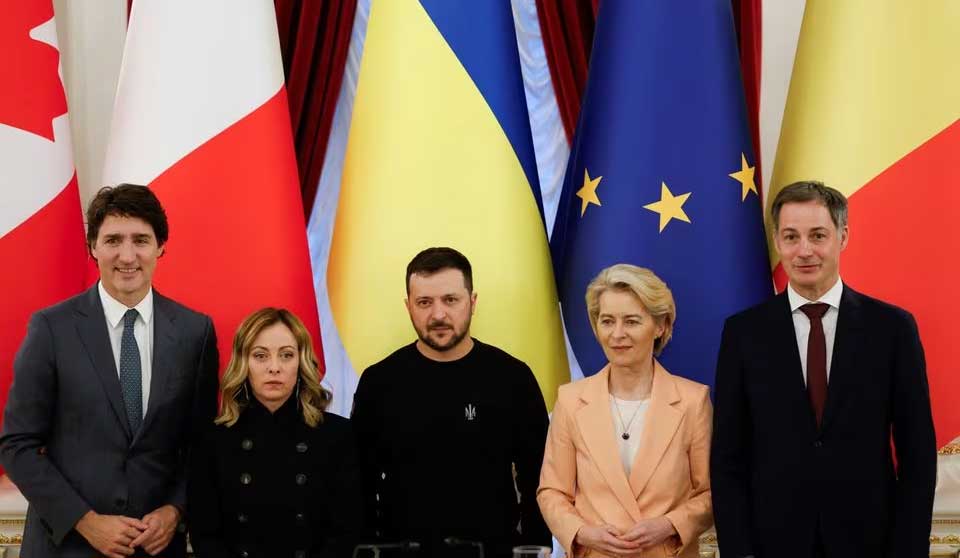
US AID STILL BLOCKED
The Canadian and Italian security deals mirror similar pacts signed recently with France and Germany.
However, $61 billion in aid promised by U.S. President Joe Biden is being blocked by Republicans in Congress, casting a long shadow over Kyiv’s hopes of pushing back the much larger, better-supplied Russian military.
Biden was due to take part in a video conference of fellow leaders of the Group of Seven (G7) major democracies on Saturday, with Zelenskiy invited to join in.
The West sees the invasion as an unjustified act of aggression that must be repelled and Italy, the current chair of the G7, said it was vital to challenge perceptions that it was wearying of the conflict and Russia was winning.
When Russian tanks and infantry streamed across the border before dawn on Feb. 24, 2022, Ukraine’s 40 million people defied expectations by slowing and stopping their advance.
But as the war enters its third year, setbacks in the east have left Ukraine’s army looking vulnerable.
Seeking to maintain Western focus on Ukraine, Zelenskiy has warned that Putin may not stop at Ukraine’s borders if he emerges victorious. Putin dismisses such claims and casts the war as a wider struggle with the United States, which he says aims to dismantle Russia.
Anniversary events were planned across Ukraine, including in the western city of Lviv, hundreds of kilometres from the fighting, where grieving women cried as a priest led a prayer at a service in a cemetery festooned with blue and yellow Ukrainian flags, each marking the death of a soldier.
“The boys are holding the front line. We can only imagine what effort and price is paid for every peaceful day we have. I want to believe it is not all in vain. We have funerals every day,” Evhenia Demchuk, a widow and mother-of-two, told Reuters.
The initial shock of the invasion has gradually faded into familiarity and then fatigue, as the world watched initial Russian gains and a stunning Ukrainian counteroffensive in late 2022 slow into grinding trench warfare.
Russia, with a much bigger population to replenish the army’s ranks and a larger military budget, might favour a drawn-out war, although its costs have been huge as it seeks to navigate sanctions and a growing reliance on China.
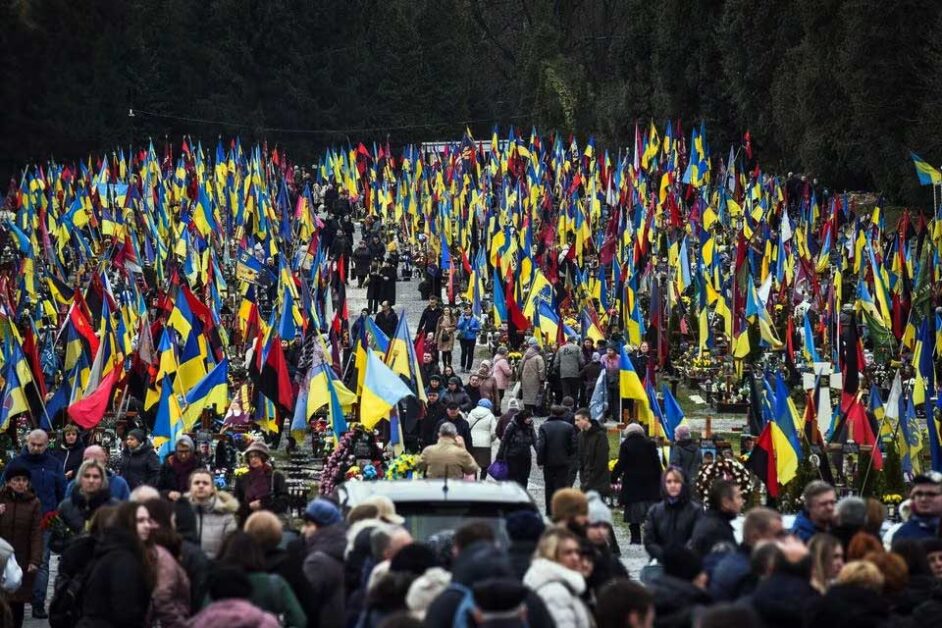
UKRAINE’S POSITION GROWS PRECARIOUS
Ukraine’s position is more precarious. Villages, towns and cities have been razed, troops are exhausted, and Russian missiles and drone strikes rain down almost daily.
Russia this month registered its biggest victory in nine months, capturing the eastern town of Avdiivka and ending months of deadly urban combat.
Yet Zelenskiy remained defiant.
“I am convinced that victory awaits us,” he told diplomats in Kyiv this week in an emotional address. “In particular, thanks to unity and your support.”
A recent World Bank study said rebuilding Ukraine’s economy could cost nearly $500 billion. Two million housing units have been damaged or destroyed, and nearly 6 million people remain abroad after fleeing the invasion.
In addition to seeking money and weaponry, Zelenskiy is promoting legislation allowing Ukraine to mobilise up to half a million more troops – a target some economists say could paralyse the economy.
Russia’s finances have so far proved resilient to unprecedented sanctions. While natural gas exports have slumped, oil sales have held up, thanks largely to Indian and Chinese buying, and the economy has been boosted by massive defence spending.
Russia has also ruthlessly punished dissent over the war. On February 16, Putin’s most formidable domestic opponent, Alexei Navalny, died suddenly of unexplained causes in an Arctic penal colony where he was serving terms totalling more than 30 years.

